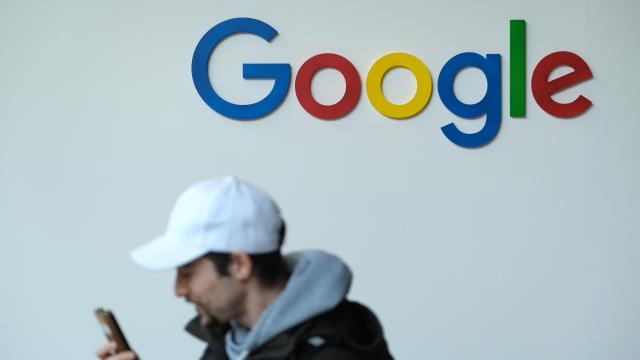University of Oregon researchers are teaming up with Google to conduct a study on digital wellbeing using the Google Health Studies tool Dr. Nicholas Allen said in a Google blog post today.
Dr. Nicholas Allen is a professor of psychology at the University of Oregon, director of the school’s Centre for Digital Mental Health, and the lead researcher for this new research project on how technology is intersecting with our wellbeing. Data will be collected using the Google Health Studies app which allows everyday people to participate in human health studies from reputable institutions. Since these studies will involve data on various medical conditions, Google says the app will allow users to control the sensitive data they input. This new study will focus on the effect that smartphones may or may not have on mental health.
“With today’s smartphones, social media and bottomless streams of content, many are quick to condemn technology based on their conviction that these products must be bad for mental health and wellbeing,” Allen said in the blog post. “But focusing only on these potentially harmful effects doesn’t tell the full story. Nor does it help us reap the full benefits these tools have to offer, while also managing their risks.”
The Google Health Studies app allows the researchers to move away from the pre-existing methodology of self report questionnaires, which Allen describes in the post as highly subjective. Instead, the app will be able to collect “direct, objective measures of how people use their phones” using passive and continuous sensing technology. Fitbit data can also be submitted at a participant’s discretion. The researchers believe that the Google Health Studies app will let them collect a larger sample than those in pre-existing studies on similar topics, while also being able to analyse more relationships between mental health and phone usage, like how screen time might affect sleep.
The study will take four weeks, and opens for enrollment on May 27 — only U.S. adults with Android devices can take part in this particular research project. Google Health Studies claims in its Privacy Statement to only collect a minimal amount of user data, like study eligibility, consent, study data and data from certain third-party apps. In order to protect the identities of those participating in the study, Google explained to Gizmodo in an email that data that’s collected through the app has the identity of the users removed. It is then encrypted and uploaded to a cloud drive, where it is shared with the researchers for statistical analysis. Google also told us that users can opt out of the study.
Coupling the extensive privacy measures of Google Health Studies is Google explicitly stating in its Privacy Statement that they will not sell research data and will not use it to target you with ads. Google’s interest in user security for this app seems pretty bulletproof, which is great since, in the past, even the best health apps have had issues with privacy.
